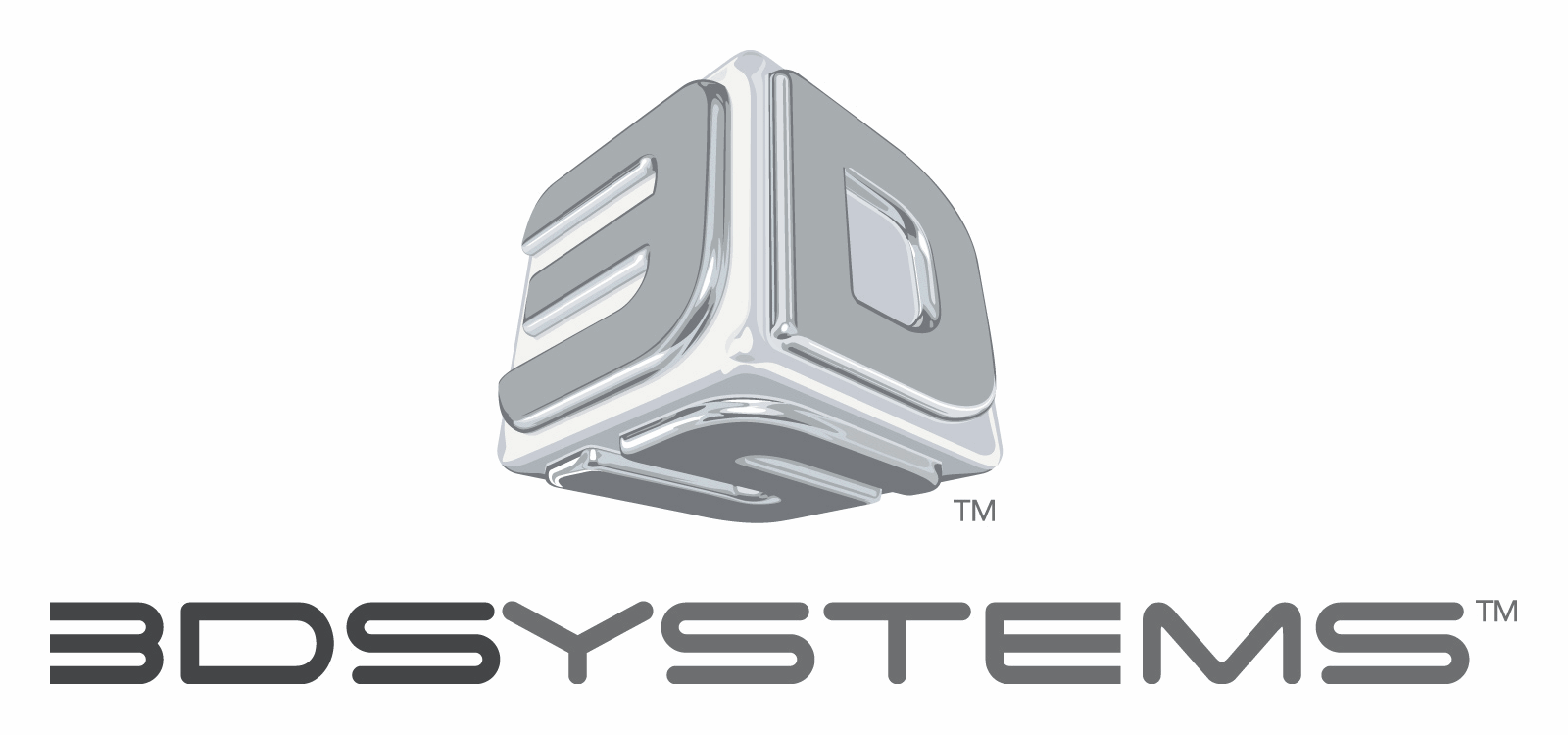3D Systems Wins Antitrust Lawsuit
Latest News
May 16, 2014
It’s been a longstanding joke among anyone with even a passing familiarity with the cost of ink that it can actually be cheaper, given the right circumstances, to simply buy a new printer than to buy the ink that fuels a printer. Indeed it isn’t hard to find a list of liquids that are less expensive than printer ink, including crude oil, vodka, and human blood. Selling ink has been the most profitable part of printer sales for years, with companies battling against cheaper alternatives.
It has been a fear of some that 3D printers would share that particular feature with their 2D cousins. Now 3D Systems has won an antitrust suit brought against them by DSM Desotech, which asserted that 3DS was attempting to form a monopoly over additive manufacturing (AM) materials for stereolithography (SLA) by ensuring customers could only use materials provided by 3DS.

How can an AM system somehow restrict which materials are used? Standard 2D printer companies manage the policy by designing printer cartridges so they only work with a single printer brand, but much of that enforcement is down to the shape of the cartridge. In AM, an industry that prides itself on being able to manufacture just about any shape required, it seems likely that customers could just print a cartridge in the required shape and fill it with whatever they like.
Not so, apparently. 3D Systems got around the problem by installing RFID chips into both 3D printers and material supply systems to ensure the only material that could be used in a 3D Systems printer was provided by the same company. DSM objected to the practice, and the lawsuit was born.
“According to Desotech, 3DS not only tied resin sales to machine sales via contracts (invoking per se antitrust liability), but also worked a “technological tie” via use of its RFID technology (invoking a rule of reason analysis). Desotech also contends that this alleged conduct by 3DS constituted an unreasonable restraint of trade and an illegal attempt at monopolization.”
The judgment in the case, passed down by Judge Sharon Johnson Coleman of the District Court for the Northern District of Illinois, disagreed with DSM’s conclusion, and dismissed the case stating that DSM failed to present evidence sufficient to support a jury finding in favor of the plaintiff on the issue of the definition of the relevant market. Further, Judge Coleman found that testimony on DSM’s behalf by four witnesses provided only anecdotal customer testimony.
From reading the decision, it appears as though the crux of the matter was DSM’s inability to prove that by restricting materials for SLA printing, 3DS was engaging in anti-competitive behavior. Judge Coleman noted that customers who bought the systems in question were aware of the limitations in place, and were able to purchase alternative products if they found the limitations disagreeable.
While I’m certainly no expert in antitrust law, it seems the judgment fails to take into account how few other SLA systems are available and how much AM processes vary when she claims potential customers could just choose a different AM system if they don’t like 3DS’ practices.
Perhaps a larger concern that could arise from the decision is in the area of materials development. What incentive is there for materials companies that don’t also manufacture their own 3D printers to continue with materials development? At best, they can license their work to manufacturers, at worst the companies will be forced to take whatever deal is offered or not have any customers willing to buy new products. Materials research and development is already a part of the AM industry that is lacking.
Below you’ll find a short video about AM materials.
Source: US Court of Appeals (.pdf)
Subscribe to our FREE magazine, FREE email newsletters or both!
Latest News
About the Author
John NewmanJohn Newman is a Digital Engineering contributor who focuses on 3D printing. Contact him via [email protected] and read his posts on Rapid Ready Technology.
Follow DE





